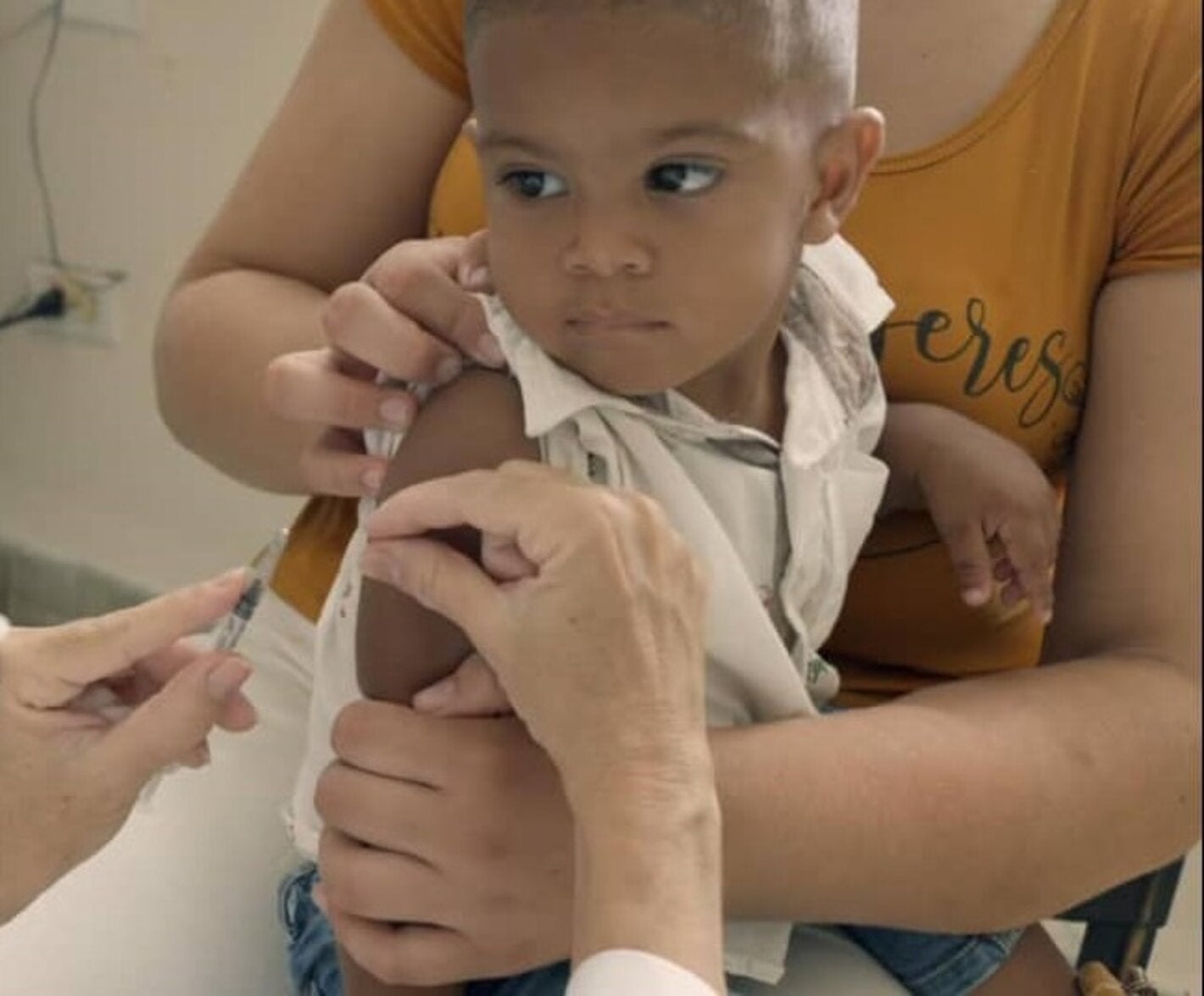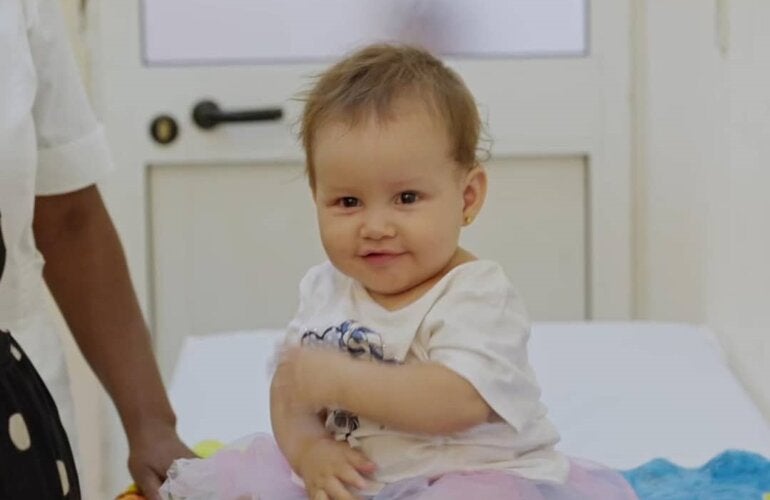
La Habana, August 30th, 2024 (OPS)—On September 9, the Pneumosil vaccine will begin to be administered in Cuba to control pneumococcal disease. The vaccine will be incorporated into regular immunization through a scheme that establishes the application of a first dose at two months of age, a second dose at four months, and a booster dose at 11 months.
Lena López Ambrón, head of the National Immunization Program (PNI) of the Ministry of Public Health (MINSAP), pointed out that an update campaign will be necessary throughout the national territory with children born alive as of January 1 of this year. More than 27,500 infants will be vaccinated in this first stage.
To acquire Pneumosil, MINSAP had the financial support of the GAVI Alliance, the Global Alliance for Vaccines and Immunization. The proposal to GAVI was prepared with the technical support of PAHO/WHO.
The acquisition has been made through the Revolving Fund, the PAHO mechanism that facilitates access to vaccines in the Americas region. Through this fund, Cuba obtains nine more immunogens, including those that protect against poliomyelitis, rabies, diphtheria, mumps, measles, rubella, and yellow fever.
In addition, PAHO/WHO has supported the organization of training workshops to prepare health personnel for the introduction of the vaccine, including the surveillance that should accompany this process. The workshops, which have been facilitated by regional experts, have been aimed at National Immunization Program specialists, communicators, and health promoters.
In addition, PAHO/WHO is expected to support the development of updated children's vaccination cards, which include the PCV, as well as messaging related to the introduction to provide information to the population and raise awareness about the importance of this action for public health and throughout life.
Vaccination is the most effective measure in preventing pneumococcal disease, caused by the bacterium Streptococcus pneumoniae, commonly called pneumococcus. Pneumosil protects against ten different serotypes of this pathogen and was prequalified by the WHO in January 2020.
Pneumococcus can cause invasive pneumococcal disease, mainly severe cases of meningitis, pneumonia, or sepsis. In the region of the Americas, it is the leading cause of bacterial meningitis, which is more common in infants and young children.
On the other hand, it is the second agent that causes Community-Acquired Pneumonia (CAP) after Respiratory Syncytial Virus. Acute Respiratory Infections such as CAP are the leading causes of hospitalization and death in children under five years of age.
It is estimated that invasive pneumococcal disease can cause death in 8% of children with meningitis and 5% of cases of pneumonia. The risk of getting sick and dying increases again in people over 65 years of age.




